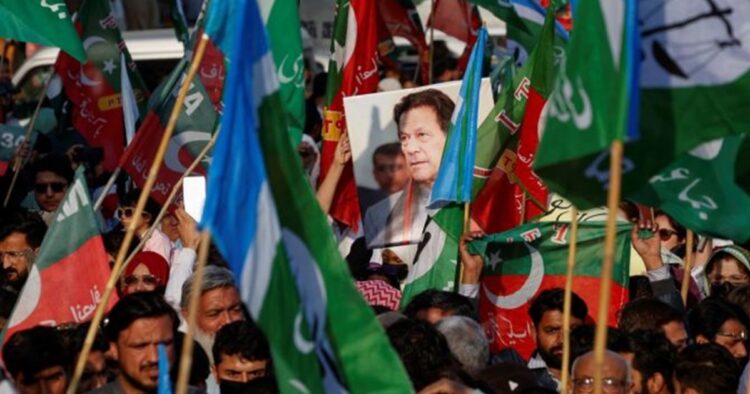Pakistan’s national election concluded on Sunday, marking the end of a closely watched electoral process. The vote count, as reported by the election commission’s website, revealed an interesting outcome. Independents, largely supported by the incarcerated former Prime Minister Imran Khan, secured a total of 101 seats out of the 264 contested seats. These independents, although not affiliated with any particular party, received significant backing from Imran Khan, who is currently in jail.
Following closely behind the independents, the party of another former prime minister, Nawaz Sharif, emerged with 75 seats. This victory positions Nawaz Sharif’s party as the largest single party in parliament, as Imran Khan’s independents chose to contest the elections as individuals rather than under a specific party banner. This outcome reflects the diverse political landscape of Pakistan, with various factions vying for representation in the national assembly.
Despite the conclusion of the election, the release of the final tally faced a notable delay. The results were made public over 60 hours after the voting process concluded on Thursday. This delay has sparked questions and concerns regarding the transparency and efficiency of the electoral process. Citizens and political observers alike have raised inquiries about the reasons behind the prolonged wait for the official results.
The delayed release of the final tally has led to speculation and debate within the political arena. Critics of the electoral process have voiced concerns about the integrity and fairness of the elections. They argue that such delays undermine public trust in the democratic process and call for greater transparency and accountability in future elections.
In light of the election results, Pakistan now faces the task of forming a stable government that represents the diverse interests of its populace. With independents and various party affiliations securing seats in parliament, coalition-building and negotiations are expected to play a crucial role in shaping the country’s political landscape in the coming months.
As Pakistan navigates the post-election period, it is essential for all stakeholders to uphold democratic principles and work towards fostering unity and progress. The challenges and opportunities that lie ahead require collective efforts from political leaders, institutions, and citizens to steer the nation towards a path of prosperity and stability.

















Comments